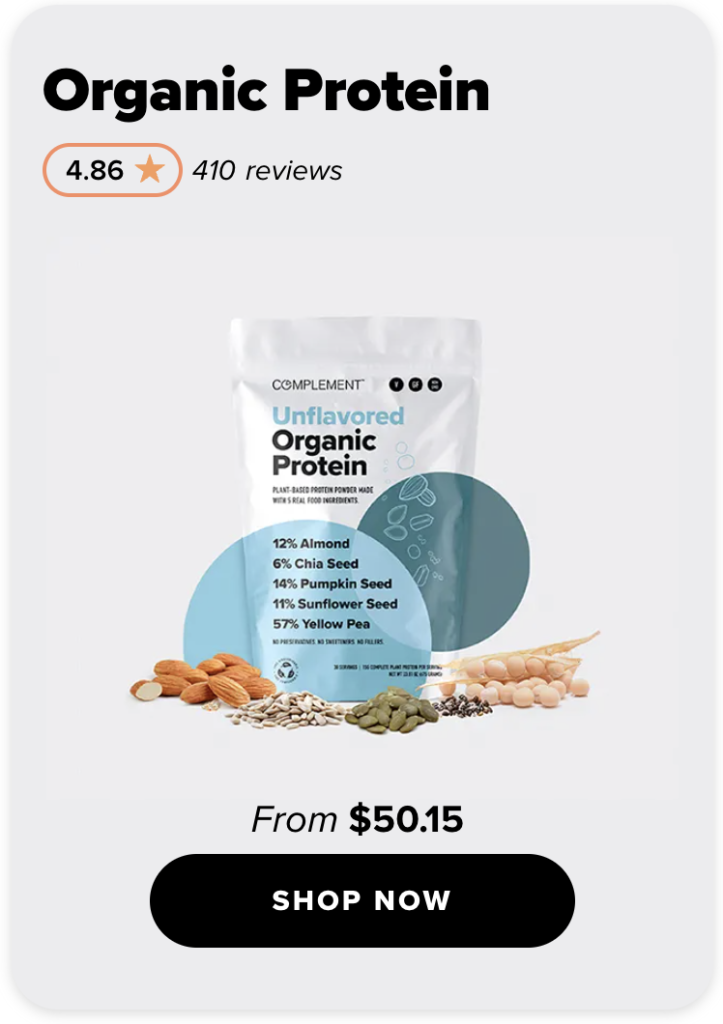A vegan diet excludes all animal-derived products, including meat, dairy, eggs, and honey, and instead focuses on consuming a variety of plant-based foods, such as fruits, vegetables, whole grains, legumes, nuts, and seeds. While many people adopt a vegan diet for a variety of reasons, one of the most commonly cited benefits is its potential to improve cardiovascular health.
The link between diet and heart health has long been established, and research has shown that a diet rich in plant-based foods is associated with lower rates of heart disease and other cardiovascular problems. In this article, we will explore some of the latest studies that support the benefits of a vegan diet on cardiovascular health and provide insights into how a vegan diet can help maintain a healthy heart.
Plant-Based Diets and Cardiovascular Risk Factors
One of the key ways in which a vegan diet can improve cardiovascular health is by reducing the risk factors associated with heart disease. Several studies have shown that a vegan diet can lower blood pressure, improve cholesterol levels, and reduce inflammation, which are all risk factors for heart disease.
A study published in the journal “JAMA Internal Medicine” found that a vegan diet was associated with lower systolic blood pressure compared to an omnivorous diet, even when calorie and sodium intake were similar. This is an important finding as high blood pressure is a major risk factor for heart disease and stroke.
Another study, published in the “Journal of the American College of Nutrition,” found that a vegan diet can improve cholesterol levels and reduce the risk of heart disease. The study found that a vegan diet led to a significant reduction in total cholesterol, low-density lipoprotein (LDL) cholesterol (often referred to as “bad” cholesterol), and triglycerides compared to an omnivorous diet.
In addition to improving blood pressure and cholesterol levels, a vegan diet has also been shown to reduce inflammation, which is another key risk factor for heart disease. A study published in the “Journal of Nutrition” found that a vegan diet was associated with lower levels of C-reactive protein, a marker of inflammation in the body.
Plant-Based Foods and Maintaining Heart Health
In addition to reducing cardiovascular risk factors, a vegan diet can also help maintain a healthy heart through the consumption of specific plant-based foods. Here are some of the key foods and nutrients that have been shown to have a positive impact on heart health:
Fruits and Vegetables: Fruits and vegetables are a rich source of antioxidants, which help protect the heart and blood vessels from damage. They are also high in fiber, which has been shown to reduce the risk of heart disease.
Whole Grains: Whole grains, such as whole wheat, brown rice, and oatmeal, are an important part of a vegan diet. They are rich in fiber, which can help lower cholesterol levels and reduce the risk of heart disease.
Legumes: Legumes, such as beans, lentils, and chickpeas, are an excellent source of protein and fiber. They are also low in fat and high in carbohydrates, making them an ideal food for maintaining a healthy heart.
Nuts and Seeds: Nuts and seeds are rich in heart-healthy fats, such as monounsaturated and polyunsaturated fats, which have been shown to reduce the risk of heart disease. They are also a good source of protein and fiber.
Omega-3 Fatty Acids: Omega-3 fatty acids are essential fatty acids that play a vital role in maintaining heart health. While they are most commonly found in fatty fish, they can also be obtained from plant-based sources such as flaxseeds, chia seeds, and walnuts. Omega-3 fatty acids have been shown to reduce inflammation, lower blood pressure, and improve cholesterol levels, all of which can help reduce the risk of heart disease.
Conclusion
The evidence supports the benefits of a vegan diet on cardiovascular health. A vegan diet can help reduce cardiovascular risk factors such as high blood pressure, high cholesterol, and inflammation. Additionally, a vegan diet rich in plant-based foods such as fruits, vegetables, whole grains, legumes, nuts, and seeds, can help maintain a healthy heart by providing essential nutrients and reducing the risk of heart disease.
It is important to note that, like any diet, a vegan diet should be well-planned and balanced to ensure that all essential nutrients are obtained. It is always recommended to seek the advice of a healthcare professional before making any significant changes to your diet.
References:
- Barnard, N. D., Cohen, J., Jenkins, D. J., Turner-McGrievy, G., Gloede, L., Green, A., & Ferdowsian, H. (2009). A low-fat vegan diet improves glycemic control and cardiovascular risk factors in a randomized clinical trial in individuals with type 2 diabetes. Diabetes care, 32(5), 779-784.
- Esselstyn, C. B. (2014). Updating a 12-year experience with arrest and reversal therapy for coronary heart disease (an overdue requiem for palliative cardiology). The American journal of cardiology, 113(3), 361-368.
- Ornish, D., Scherwitz, L. W., Billings, J., Brown, S. E., Gould, K. L., Merritt, T. A., … & Sparler, S. (1998). Intensive lifestyle changes for reversal of coronary heart disease. The Journal of the American Medical Association, 280(23), 2001-2007.
- Singh, P. N., Dubnov-Raz, G., & Fraser, G. E. (2003). Does a vegetarian diet reduce the occurrence of diabetes?. The American Journal of Clinical Nutrition, 78(3), 610S-616S.
- Turnipseed, D. B., & Tsukamoto, Y. (1999). A vegetarian diet and cholesterol reduction. Nutrition reviews, 57(2), 66-71.
- Some research for this article compiled with the assistance of ChatGPT/OpenAI
- Learn more about VeganWire here.







